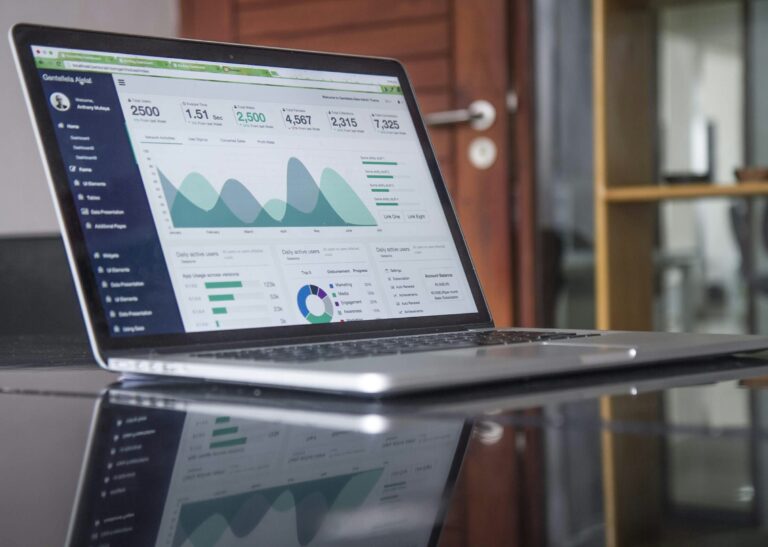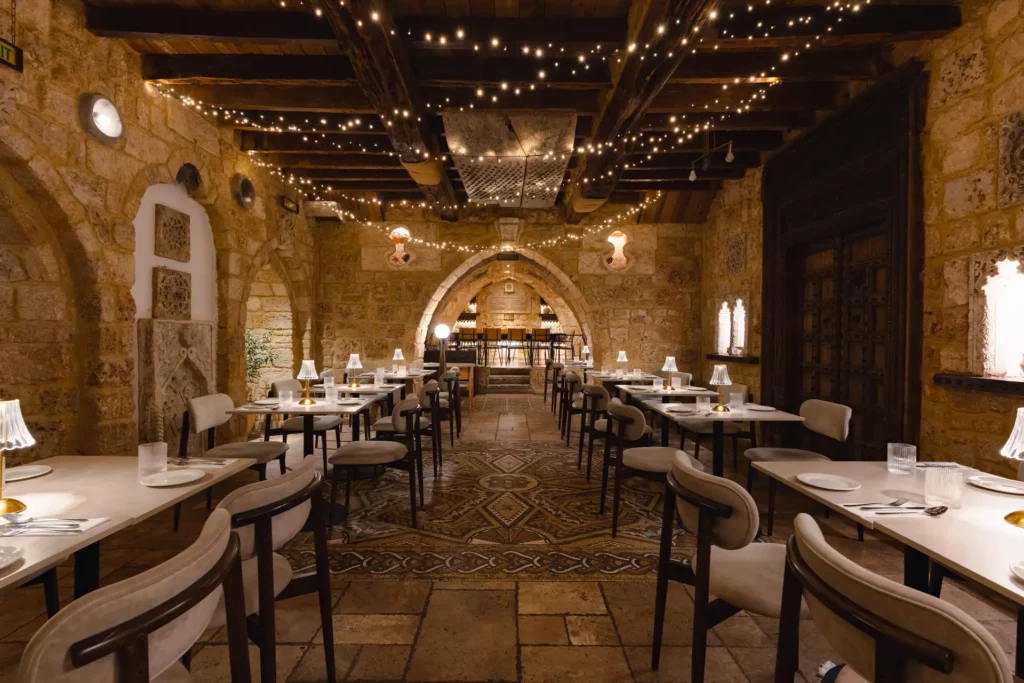In this generation, digitalisation has been happening faster than ever, a large amount of physical activity has transformed into a digital format for convenience and efficiency.
What is Digitalization?
According to Brennen and Kreiss digitalisation refers to “the adoption or increase in the use of digital or computer technology by an organization, industry, country, etc. Parviainen et al. stated that “Digitalisation has been identified as one of the major trends that are changing the society and business in the near and long term future.”.
With the impact of COVID-19, examples of digitalisation can be seen everywhere in our daily life; shops have been encouraging consumers to use contactless payment instead of cash; restaurants adopted online ordering strategies to instead staff taking orders at tables; mobile check-in to venues instead of staff check-in; online shopping instead of in-store shopping and much more.
How does digitalisation benefit hospitality businesses?
Decrease in labor cost: With the increasing use of technology and smart gadgets, a lot of human-led work and services can be replaced e.g. booking and order taking. Therefore, businesses do not need to hire as many members of staff and lower costs towards staff training.
Internal efficiency: As mentioned above, technology can eliminate a lot of manual steps e.g. inventory management and data analytics, which can improve business process efficiency, quality and consistency.
Convenient communication: With the use of social media and other communication platforms, messages can be sent to consumers with one click. Furthermore, it makes mass communication easier as well by posting functions that benefit marketing activities such as PR and advertising.
Better accessibility to information: Research has no doubt play a big part in all businesses as it allows companies to know more about their customers, industry, competitors and the latest market trends. This is crucial for them to differentiate and achieve their targets.
Is digitalisation 100% perfect?
Although digitalisation can benefit the hospitality industry in a variety of ways, there are debates towards complete digital transformation.
Digitalisation is not risk-free: There’s no guarantee that technology and digital tools won’t fail. For instance, on the 4th October 2021, there was a social media blackout including WhatsApp, Instagram and Facebook, three of the biggest social media platform. This meant that and businesses that completely rely on social media to communicate lost their channels of communication. Therefore, putting all eggs in one basket is not suggested, businesses should integrate digital in a hybrid format to achieve their goals.
Limited service experience: As stated, digitalisation can ensure the quality and efficiency of business operations, yet this might not suit all hospitality businesses. For some businesses, especially the luxury ones, customer service is generated mainly through the interaction between staff and customers. Friendly services from the staff always boost customer satisfaction; however, this is something that complete digitalised business cannot do as digitalised services are often identical with really low emotional involvement.
To conclude, digitalisation has a positive impact on the hospitality industry yet complete digitalisation is not suggested, businesses should adopt a blended approach to operate their businesses. Posh Cockney is an innovative Hospitality and Lifestyle consultant, get in touch with us today to find out how to utilise digital technology to achieve your business goals.










